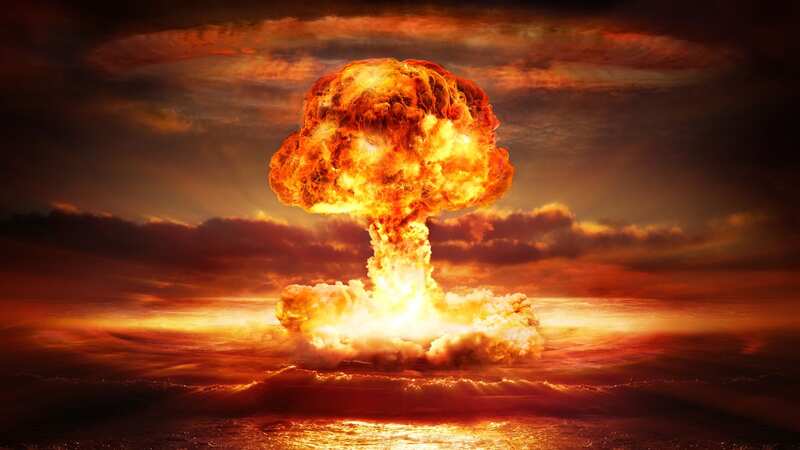Human survival in a global nuclear war could depend on eating one remaining food

Humanity could be saved from global starvation in the apocalyptic event of a nuclear war by one particular food, scientists say.
Fears of a world war have been reignited by the ongoing conflicts in Ukraine and the Middle East, which have even led to talk of whether conscription would be introduced in the UK if there was a war with Russia.
And the Doomsday Clock, which tracks how close we are to destroying the world, has ticked closer to midnight in 2024 - the fateful hour for humanity. It now reads just 90 seconds away.
But in the horrific scenario of a nuclear war, there is hope that humanity could be saved by seaweed. Scientists have found that kelp farms could be the unlikely heroes by saving 1.2 billion lives until temperatures recover.
Up to 165 million tonnes of soot could be thrown into the Earth’s atmosphere in a worst case scenario of a nuclear conflict between the US and Russia, which would reduce temperatures by around 9C. This in turn could see global food production dropping by as much as 90%.
 North Korea shows off huge number of nukes in terrifying military parade
North Korea shows off huge number of nukes in terrifying military parade
Researchers from the Alliance to Feed the Earth in Disasters, based in Colorado, worked with Louisiana State University on a study that found that seaweed could come to the rescue. Large amount of kelp grown on ropes including in the Gulf of Mexico could be harvested by around nine to 14 months of a nuclear war.
The kelp is estimated to be able to feed up to 1.2 billion people fed from this source. And it could possibly replace 15% of the food that we currently consume as well as providing 50% of biofuel that is being used now.
"Over two billion people would be in danger of starvation after a moderate India-Pakistan nuclear war and five billion people after a US-Russa nuclear war," co-author Cheryl Harrison, an assistant professor of oceanography and coastal sciences at Louisiana State University, told Live Science. "Thus, there is a need for exploration of alternative foods."
Of course this food source would only be an option for people who were not in the area that has been hit by the nuclear bombs as they could well be incinerated or poisoned by the radiation.
By comparison the atomic bomb that hit Hiroshima in Japan, in 1945, killed around 140,000 people in the first five months and it is around five times smaller than the thermonuclear bombs currently available.
Read more similar news:
Comments:
comments powered by Disqus

































